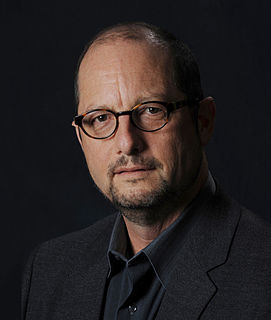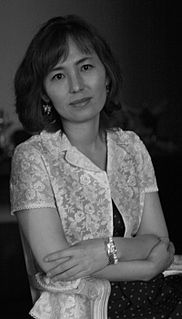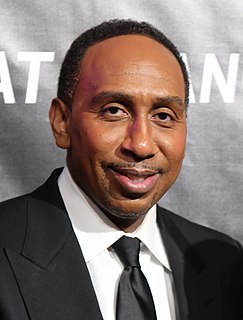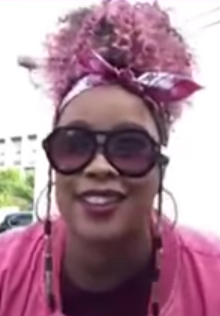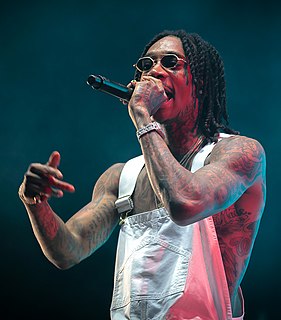A Quote by Snoop Dogg
You got two black folk representing us through the Sixties. One of them was for violence, one was against it, and they both are dead.
Related Quotes
We, the Black masses, don't want these leaders who seek our support coming to us representing a certain political party. They must come to us today as Black Leaders representing the welfare of Black people. We won't follow any leader today who comes on the basis of political party. Both parties (Democrat and Republican) are controlled by the same people who have abused our rights, and who have deceived us with false promises every time an election rolls around.
For most of recorded history, parental violence against children and men's violence against wives was explicitly or implicitly condoned. Those who had the power to prevent and/or punish this violence through religion, law, or custom, openly or tacitly approved it. .....The reason violence against women and children is finally out in the open is that activists have brought it to global attention.
The real political task in a society such as ours is to criticize the workings of institutions that appear to be both neutral and independent, to criticize and attack them in such a manner that the political violence that has always exercised itself obscurely through them will be unmasked, so that one can fight against them.
It is extremely interesting to me that black males, and other black folk, are viewed as self-pitying, by either other blacks who have failed to accurately calculate their own diminished status as a result of racial animosity - both individual and systemic - or by whites who fail to comprehend how, after forcing black folk into subservience for hundreds of years, they now whine about small privileges that pale - so to speak - in comparison to the untold advantage of centuries of benefit.
It seems to me that the real political task in a society such as ours is to criticise the workings of institutions, which appear to be both neutral and independent; to criticise and attack them in such a manner that the political violence which has always exercised itself obscurely through them will be unmasked, so that one can fight against them.
I must remind you that starving a child is violence. Suppressing a culture is violence. Neglecting school children is violence. Punishing a mother and her family is violence. Discrimination against a working man is violence. Ghetto housing is violence. Ignoring medical need is violence. Contempt for poverty is violence.









